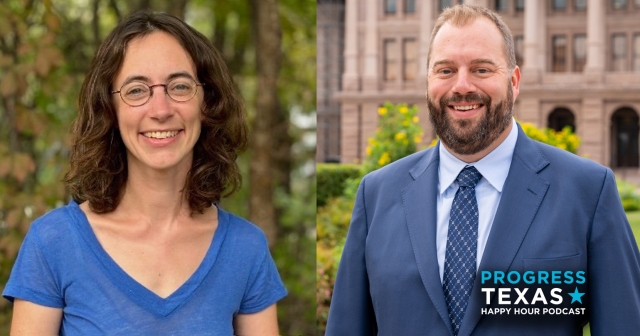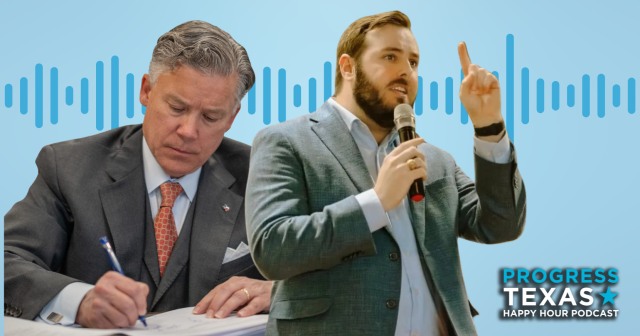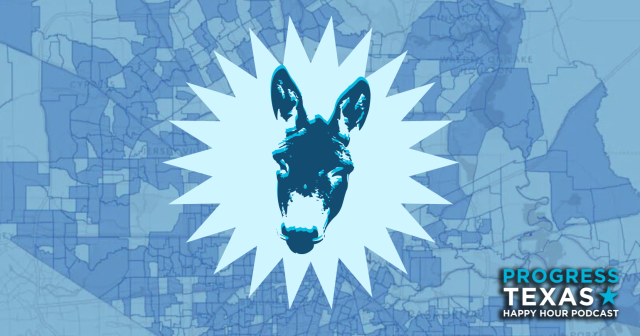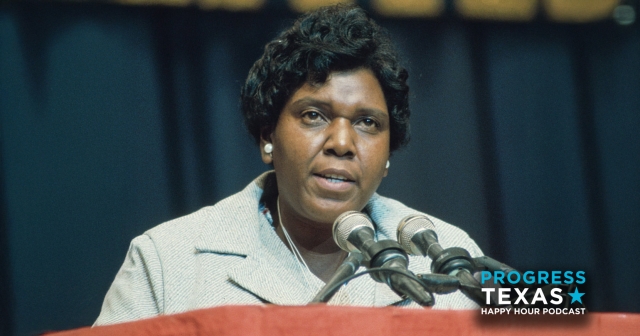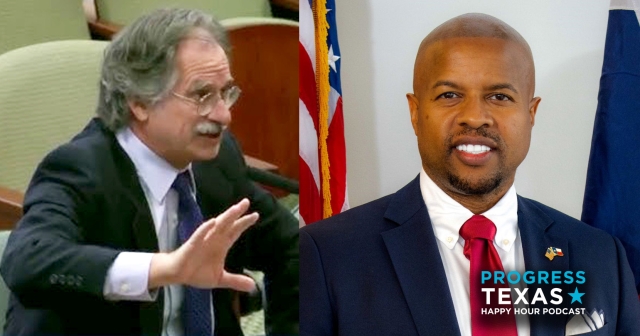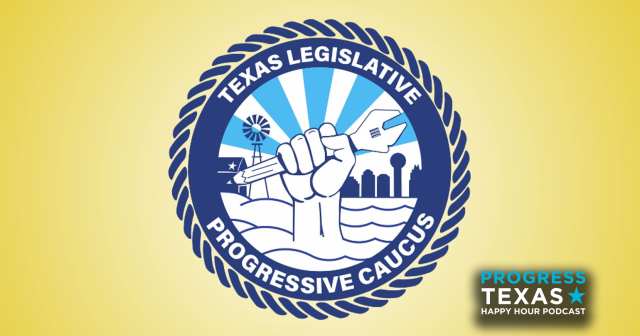Ed. Note: the following is Part 4 of our 5-part SCOTUS 2015 series reviewing decisions from this summer.
A technicality couldn't take down the Affordable Care Act, ensuring that 8 million Americans, and 1.5 million Texans will keep access to affordable health insurance.
In the case King V. Burwell, vocal opponents of the Affordable Care Act singled out 4 words in the 1,000 page law, a seemingly trivial loophole, and used them to claim that giving tax credits to people who are in the federal exchange is not a part of the law.
Vox’s Sarah Kliff stated this reading is contrary to Congress’ intentions:
“The whole point of the federal exchanges, after all, was to make sure Obamacare [the ACA] worked in states that wouldn't or couldn't build an exchange of their own. Congress always meant for residents of all 50 states to have access to financial help. It was never a question, during the five years I've spent writing about Obamacare, whether this would be the case.”
The fact that the Supreme Court heard the case at all was cause for concern. Ending subsidies for Americans unable to afford insurance would also cause extreme distress, if not financial ruin, for many Insurance companies all across the country. In addition, doctors could face ethical quandaries where patients who are receiving treatment for life-threatening conditions could suddenly lose the ability to pay.
The amount of legal jargon in the court decisions in the case is enough to fill a law library, and lower courts have been split on the issue. Three lower district courts, all with judges who were appointed by Republican Presidents, sided with the petitioners, while 6 higher level appellate courts sided with the Government. Many experts expect the court to side with the government and anything less would be question the legitimacy of the Supreme Court as an institution – according to Linda Greenhouse of the New York Times.
“King is different than most cases the Court hears. The legal issues so strongly favor the government that a decision for the plaintiffs would be seen by many as naked and partisan politics.”
Fortunately, the Supreme Court sided with the good guys in King V. Burwell, and massive amounts of financial distress never came to plague industries and millions of patients.
Check out the posts below for more on our 5-part SCOTUS 2015 series reviewing this summer's rulings:
DONATE
Your donation supports our media and helps us keep it free of ads and paywalls.


